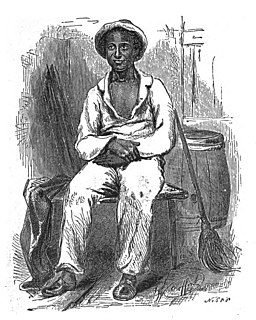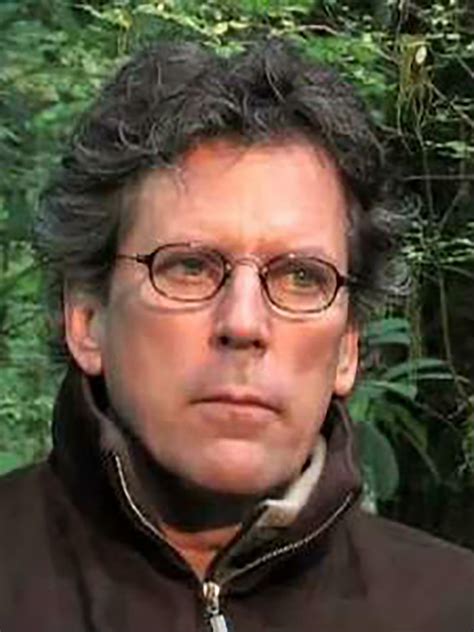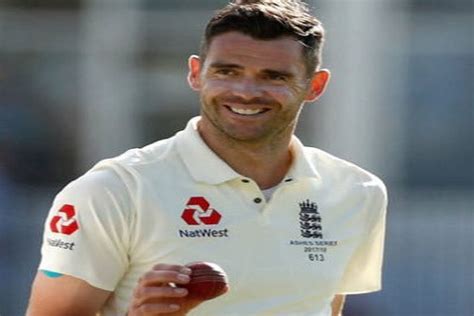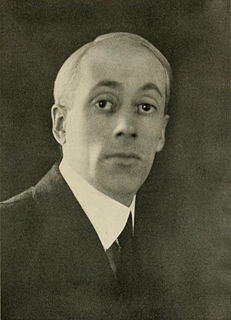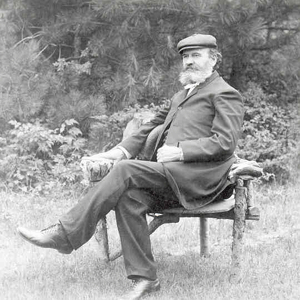A Quote by Lionel Trilling
Economic man and the Calvinist Christian sing to each other like voices in a fugue. The Calvinist stands alone before an almost merciless God; no human agency can help him; his church is a means to political and social organization rather than a bridge to deity, for no priest can have greater knowledge of the divine way than he himself; no friend can console him - in fact, he should distrust all men; in the same fashion, Economic Man faces a merciless world alone and unaided, his hand against every other's.
Quote Topics
Against
Agency
Almost
Alone
Before
Bridge
Christian
Church
Console
Deity
Distrust
Divine
Each
Economic
Every
Faces
Fact
Fashion
Friend
Fugue
God
Greater
Hand
Help
Him
Himself
His
Human
In Fact
Knowledge
Like
Man
Means
Men
Merciless
Organization
Other
Political
Priest
Rather
Same
Should
Sing
Social
Social Organization
Stands
Than
Voices
Way
World
Related Quotes
A man follows the path laid out for him. He does his duty to God and his King. He does what he must do, not what pleases him. God's truth, boy, what kind of world would this be if every man did what pleased him alone? Who would plough the fields and reap the harvest, if every man had the right to say, 'I don't want to do that.' In this world there is a place for every man, but every man must know his place.
Man offers himself to God. He stands before Him like the canvas before the painter or the marble before the sculptor. At the same time he asks for His grace, expresses his needs and those of his brothers in suffering. Such a type of prayer demands complete renovation. The modest, the ignorant, and the poor are more capable of this self-denial than the rich and the intellectual.
At such times, the heart of man turns instictively towards his Maker. In prosperity, and whenever there is nothing to injure or make him afraid, he remembers Him not, and is ready to defy Him; but place him in the midst of dangers, cut him off from human aid, let the grave open before him, then it is, in the time of his tribulation, that the scoffer and unbelieving man turns to God for help, feeling there is no other hope, or refuge, or safety, save in his protecting arm.
The world is full of men who want to be right, when actually the secret of a man's strength and his pathway to true honor is his ability to admit fault when he has failed. God wants to fill the church with men who can say they are wrong when THEY ARE WRONG. A man who is willing to humble himself before God and his family and say: "I was wrong." will find that his family has all the confidence in the world in him and will much more readily follow him. If he stubbornly refuses to repent or admit he was wrong, their confidence in him and in his leadership erodes.
My conception of the audience is of a public each member of which is carrying about with him what he thinks is an anxiety, or a hope, or a preoccupation which is his alone and isolates him from mankind and in this respect at least the function of a play is to reveal him to himself so that he may touch others by virtue of the revelation of his mutuality with them. If only for this reason I regard the theater as a serious business, one that makes or should make man more human, which is to say, less alone.
A Christian should put away all defense and make no attempt to excuse himself either in his own eyes or before the Lord. Whoever defends himself will have himself for his defense, and he will have no other. But let him come defenseless before the Lord and he will have for his defender no less than God Himself.
Man can will nothing unless he has first understood that he must count on no one but himself; that he is alone, abandoned on earth in the midst of his infinite responsibilities, without help, with no other aim than the one he sets himself, with no other destiny than the one he forges for himself on this earth.
Most of the world's great souls have been lonely. Loneliness seems to be one price the saint must pay for his saintliness... Always remember: you cannot carry a cross in company. Though a man were surrounded by a vast crowd, his cross is his alone and his carrying of it marks him as a man apart. Society has turned against him; otherwise he would have no cross. No one is a friend to the man with a cross.
Man's knowledge of science has clearly outstripped his knowledge of man. Our only hope of making the atom servant rather than master lies in education, in a broad liberal education where each student within his capacity can free himself from trammels of dogmatic prejudice and apply his educational accoutrement to besetting social and human problems.
How much reverence has a noble man for his enemies!--and such reverence is a bridge to love.--For he desires his enemy for himself, as his mark of distinction; he can endure no other enemy than one in whom there is nothing to despise and very much to honor! In contrast to this, picture "the enemy" as the man of ressentiment conceives him--and here precisely is his deed, his creation: he has conceived "the evil enemy," "the Evil One," and this in fact is his basic concept, from which he then evolves, as an afterthought and pendant, a "good one"--himself!
And there is no difference, in principle - but only in degree - between political and chattel slavery. The former, no less than the latter, denies a man's ownership of himself and the products of his labor; and asserts that other men may own him, and dispose of him and his property, for their uses, and at their pleasure.
There was never a man born so wise or good, but one or more companions came into the world with him, who delight in his faculty, and report it. I cannot see without awe, that no man thinks alone and no man acts alone, but the divine assessors who came up with him into life,--now under one disguise, now under another,--like a police in citizen's clothes, walk with him, step for step, through all kingdoms of time.
The natural inclination of man is to rely solely upon himself and to ignore the purpose of his existence as well as his relationship to God who is his spiritual father. If man will recognize his divine origin, he will then realize his Heavenly Father will not leave him alone to grope in darkness of mind and spirit, but will make available a power to influence him in right paths and into standards of good behavior. The Holy Ghost is that power.



